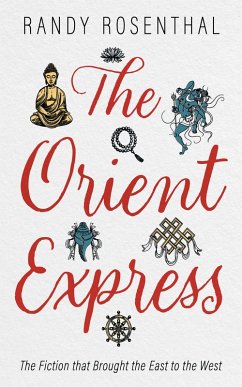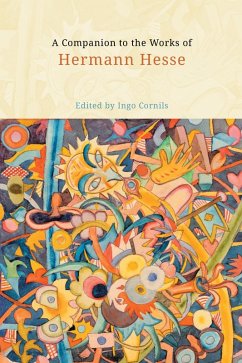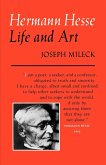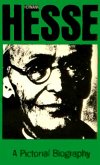When yoga studios are ubiquitous and meditation apps are on millions of smart phones, once exotic terms like karma, zen, and nirvana have entered into everyday English, business consultants have appropriated the meditation terms "mindfulness" and "equanimity," and Buddha statues and Shinto shrines are common in American yards, we forget that things weren't always this way, and that what is now considered cliche was once unknown. So how did the spirituality of the East come to permeate the culture of the West? Answering that question is what The Orient Express is about. To do so, Harvard scholar Randy Rosenthal explores the four works of fiction he finds most responsible for bringing Eastern religion to the Western mainstream: The Razor's Edge by W. Somerset Maugham, Siddhartha by Hermann Hesse, Franny and Zooey by J. D. Salinger, and The Dharma Bums by Jack Kerouac. Through the lives of their characters, these authors introduced countless readers to the spiritual practices and philosophies of yoga, Buddhism, Hinduism, Taoism, and the hesychast prayer tradition of Eastern Orthodox Christianity. A compendium of spiritual wisdom in the form of literary criticism, The Orient Express tells the story of these stories, providing illuminating context and clarifying misconceptions along the way.
Dieser Download kann aus rechtlichen Gründen nur mit Rechnungsadresse in A, D ausgeliefert werden.









